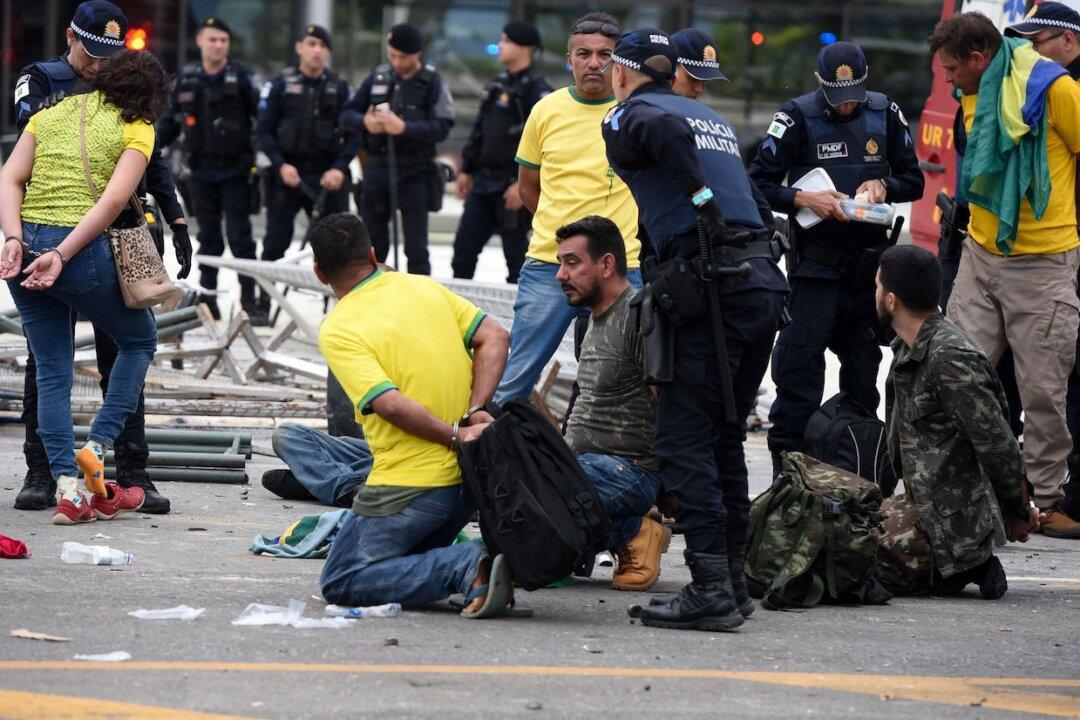Commentary
The world needs to know that Brazil today has more than 1,000 political prisoners who face harsher sentences than those of rapists, drug traffickers, and murderers.

The world needs to know that Brazil today has more than 1,000 political prisoners who face harsher sentences than those of rapists, drug traffickers, and murderers.